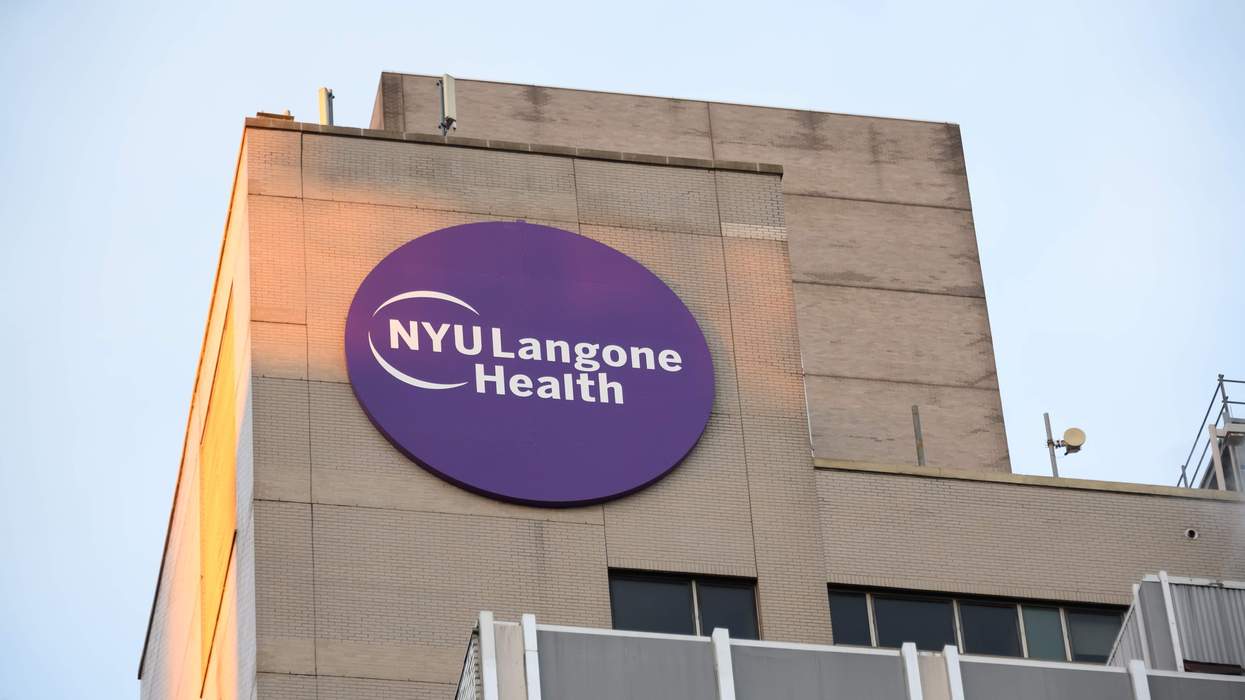Two new studies deal a double blow to hopes that cholesterol-lowering statin drugs could help prevent cancer as well as heart disease. The research disproves the theory that statin medications may lower risks for breast, prostate, and lung cancer.
In one report, researchers analyzed 26 rigorous randomized studies involving more than 73,000 patients and concluded that drugs such as top-selling Lipitor and Zocor had no effect on the risk of developing or dying from any form of cancer. The findings appear in Wednesday's Journal of the American Medical Association.
The other study, published in the Journal of the National Cancer Institute, found that cholesterol-lowering drugs, including statins, were of no benefit for preventing colorectal cancer.
"We were very hopeful that we would verify there was an anticancer effect," said C. Michael White of the University of Connecticut School of Pharmacy, who led the analysis appearing in JAMA. "We ended up showing no change in cancer or cancer death."
White said the new findings--as well as the rare but potential adverse side effects of statins, which can include liver damage and muscle pain--should discourage doctors from prescribing them solely to prevent cancer. However, Individuals currently on a statin medication should continue taking it to lower cholesterol and prevent heart attacks, White said, noting, "It really is a great drug for heart disease."
Hope for statins as cancer fighters was sharpened since so many people already take them to lower cholesterol and the drugs are widely considered safe. Previous research, including animal studies and observational studies of people, had suggested statins might prevent various types of cancer.
For example, researchers looked at medical records for 1.4 million patients treated at 10 Veterans Affairs centers and found that those taking statins had lower rates of breast, prostate, and lung cancer than those who hadn't taken such drugs.
And a study of Israeli patients published last year showed a 47% lower risk of colorectal cancer for people who used statins for at least five years.
However, these were not randomized studies--meaning patients were not randomly picked to receive statins and then studied to see what effects the drugs had. Researchers consider randomized studies to yield the best evidence.
The colorectal cancer study was observational--the weakest sort of evidence--but very large. Researchers found no link between statin use and colorectal cancer when they looked at data about more than 132,000 people enrolled in the cancer prevention study. (AP)















Charlie Kirk DID say stoning gay people was the 'perfect law' — and these other heinous quotes
These are some of his worst comments about LGBTQ+ people made by Charlie Kirk.